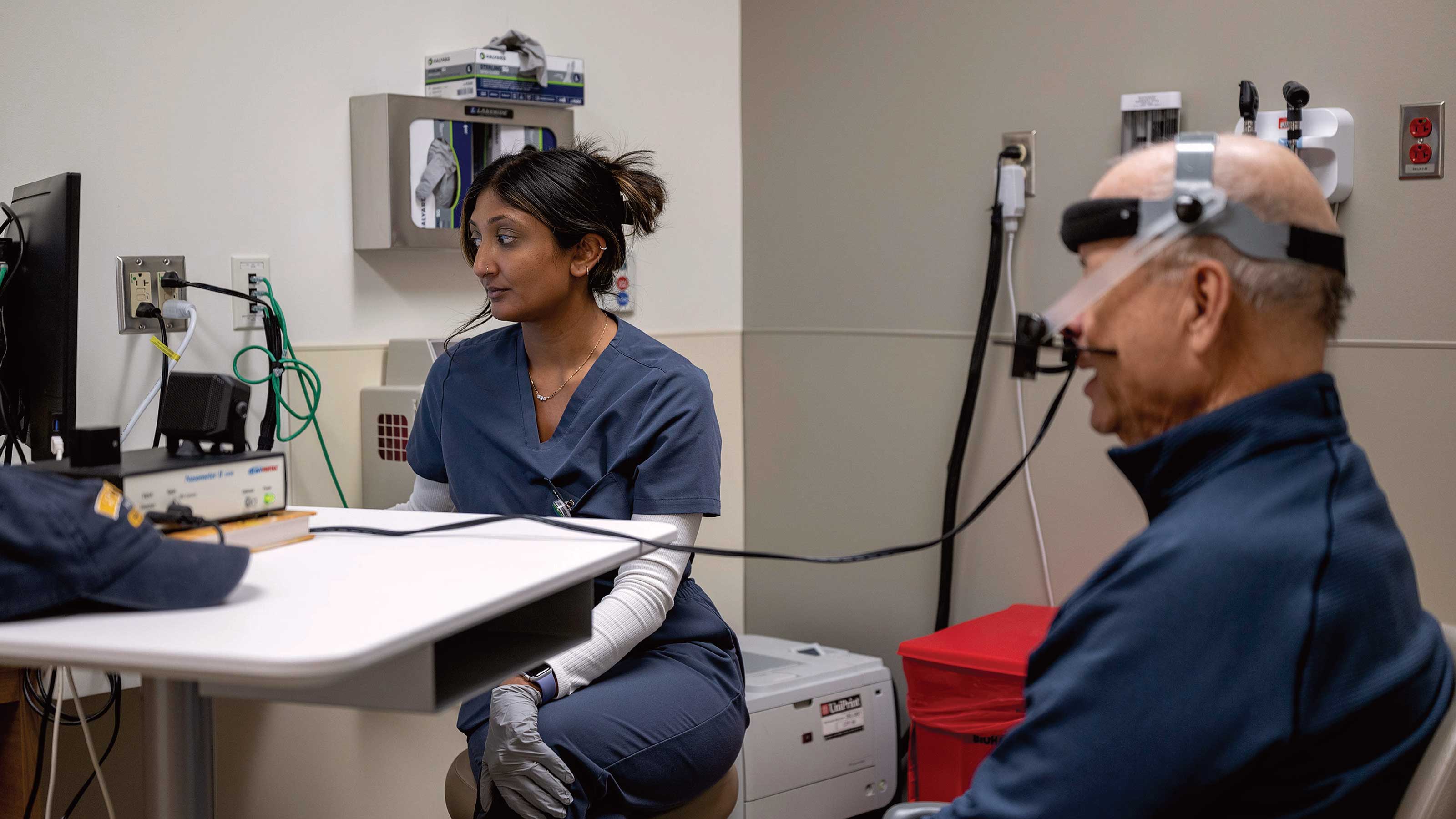
Singer-songwriter Jimmy Buffett died Sept. 1 from what a public statement says is Merkel cell skin cancer. Buffett, 76, had been fighting the disease for four years, his website said, and he “continued to perform during treatment, playing his last show, a surprise appearance in Rhode Island, in early July.”
Here’s what to know about the “Margaritaville” singer’s skin condition and its risk factors, treatment and prevention methods.
What is Merkel cell carcinoma?
Merkel cells are neuroendocrine cells found near the nerve endings responsible for light touch sensation in the lower portion of the epidermis layer. Merkel cell carcinoma, also called neuroendocrine carcinoma of the skin, is a very rare but often aggressive form of skin cancer arising in these Merkel cells, with only 2,000 to 3,000 cases diagnosed annually in the United States (compared with 3.6 million cases of basal cell skin cancer, the most common type of skin cancer).
What are common causes and risk factors?
The exact cause for developing Merkel cell carcinoma isn’t known, although a common virus (Merkel cell polymovirus) may play a role. Common risk factors include:
- ultraviolet light exposure and photodamage
- a compromised immune system (immunodeficiencies, malignancies, immunosuppressive medications)
- fair skin/light complexion
It’s commonly seen in older (age 70+), Caucasian males with a history of sun damage and chronic sun exposure.
What does Merkel cell skin cancer look like?
There’s no one classic presentation for Merkel cell carcinoma. It can look like a pink, red or purple raised bump on the skin that’s fast-growing and tender. But it can also present as a nodule under the skin. Merkel cell is typically atypical, without any classic appearance, so it's always important to have new or changing lesions checked by a physician.
It’s important to pay attention to new, growing lesions, particularly in sun-exposed areas, such as the head, neck and scalp.
How to diagnose and treat Merkel cell carcinoma
The diagnosis is confirmed with a skin biopsy, so it’s always important to have new, growing skin lesions that don’t heal or resolve evaluated by your dermatologist.
Treatment is a surgical excision (removal or resection), often via the Mohs procedure, with wide margins to ensure complete removal. Merkel cell carcinomas can spread through the lymphatics and affect the lymph nodes as well as distant metastasis (spread to distant parts of the body). Secondary treatment with immunotherapy and radiation may be needed.
Is there any way to prevent Merkel cell carcinoma?
Merkel cell carcinoma is a very rare type of skin cancer, but it shares risk factors with the other, more common skin cancers, particularly with regard to harmful effects of UV rays on the skin.
Prevention methods include:
- routine skin checks with your dermatologist and monthly skin self-exams
- seeking evaluation for any new or changing, fast-growing, discolored, raised skin lesions
- protection from UV rays
To adequately protect yourself from ultraviolet radiation…
- Use sunscreens with broad spectrum coverage for UVA and UVB, SPF 50+ for high-exposure, SPF 30+ for normal daily activity, and water-resistant
- Apply sunscreen 15 minutes before heading outside, and reapply every two to three hours
- Be sure to apply in sun-sensitive areas (scalp, ears, back of neck, hands/feet, lips) and apply liberally
- Avoid peak UV ray times of the day (10 a.m. to 4 p.m.)
- Cover sun-exposed areas and seek shade when possible
- Wear UPF clothing, including hats, sleeves and gloves
- Protect the eyes with UVA/UVB sunglasses

Worried about your skin, hair or nails?
Ohio State's dermatology team provides comprehensive care backed by one of the nation's leading academic health centers.
Expert care starts here




